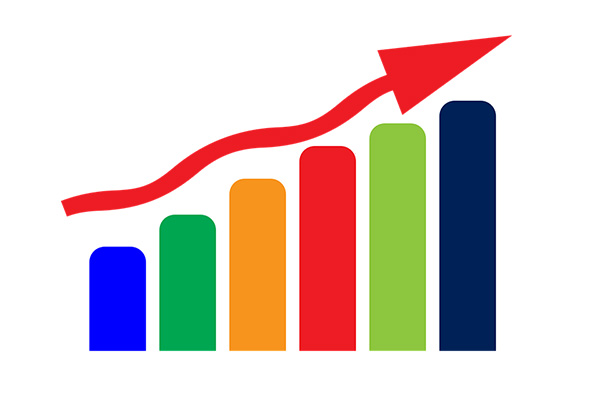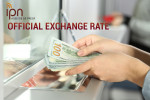
Moldovan economic growth is highly vulnerable, it is affected by external shocks from trading partners and global developments, and by domestic shocks, such as episodes of political volatility, as well as weather/climate related shocks. The slow economic recovery will be influenced by lingering effects of the last year’s drought, seconded by weak recuperation of domestic demand given the slow recovery of remittances, weak capital expenditures and financing constraints across the economy, Armine Khachatryan, Resident Representative of the International Monetary Fund (IMF) in Moldova, said when answering questions from journalists on the financial sector, fiscal policy, and the real economy, IPN reports.
“Real GDP in 2015 contracted by 0.5 percent, driven by the decline in agriculture on the supply side, and by weaker private consumption and investments on the demand side. We were a bit surprised that the difficult situation in the banking sector didn’t have a more profound negative effect on growth last year – this is something that needs to be better understood. The near term outlook remains difficult,” stated Armine Khachatryan.
Asked about the Moldovan energy market, the IMF Resident Representatives said clear and transparent tariff setting mechanisms are critical both for the energy sector companies and for the end customers. Fair tariff adjustment is important for companies, because setting utility tariffs below cost-recovery level does not allow companies to generate enough cash flow to maintain the viability of the system and to invest in the energy infrastructure for enhancing the quality of services.
Speaking about the Free Economic Zones (FEZs), the official said that when establishing FEZs, host countries hope that these disadvantages are outweighed by the boost to jobs and trade. In practice, however, many FEZs fail. Moreover, empirical facts suggest that many developing countries intensively relying on FEZ, have not succeeded in attracting more FDI. The key factors affecting investor incentives include economic and political stability, transparency of legal framework, labor costs and skills. In any case, making Moldova equally attractive for all investors, not just those in FEZ, is the right path to open the country.


